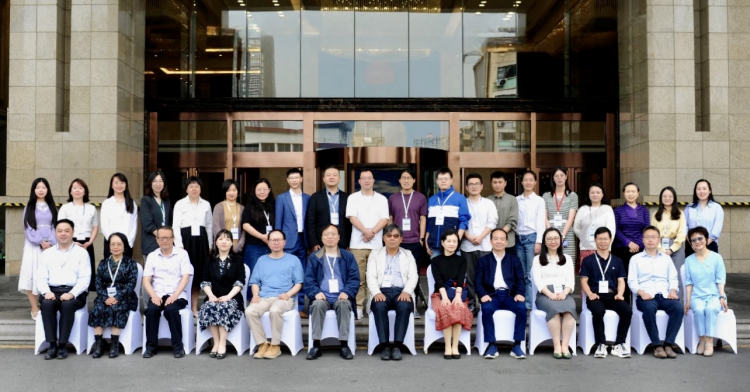The Sixth Hebrew Bible Seminar was conducted on April 12-14 in Chengdu, Sichuan, with 35 experts and scholars from universities and research institutions.
Organized by the Institute for Studies of Daoism & Religious Culture of Sichuan University and conducted by the university’s Christian study center, the seminar aimed to present the Hebrew Bible study’s connection with modern humanities and social sciences such as hermeneutics, literature, sociology, and history, as well as explore its translation and acceptance in the Chinese context, reported the institute.
The seminar was divided into six sessions, discussing textual interpretation of the Hebrew text, as well as the sinicization and practice of biblical interpretation.
The first session was a keynote speech section, featuring reports by Professors Li Chichang from Shandong University, You Bin from Minzu University of China, Meng Zhenhua from Nanjing University, Jiang Zongqiang from Northwest Normal University, and Wu Qing from Jinan University. Topics included "From Creation and Redemption: The Humanistic Care in Hebrew Civilization," "'Rest' and 'Peace': A Confucian Interpretation of Genesis 2:1-3," "The Image of Miriam and the Historical Writing of the Hebrew Bible During the Persian Period," "Intertextual Reading of the Stories of Samson and Wu Song (An Ancient Chinese Hero)," and "Exploring the Late Qing Dynasty's Translation of the Bible and Its Submission to the Imperial Court."
In addition to scholars' reports and discussions, the seminar contained special lectures by Professors Kang Zhijie from Hubei University, Li Chichang, and You Bin. They focused on themes such as "Regional History and Women's Studies in a Grand Historical Context," "Israel's Exile and Dispersion: Interpretations of Psalms 105-106 and Isaiah 40-55," and "Rethinking Sacrificial Traditions from the Perspective of Sinicization of Christian Rituals."
- Translated by Abigail Wu












